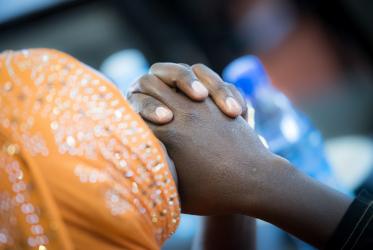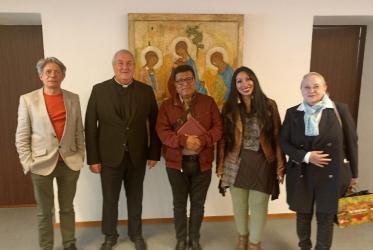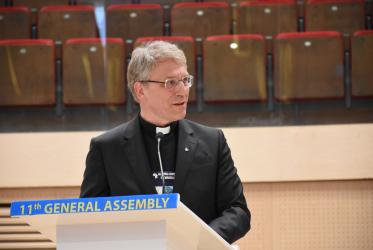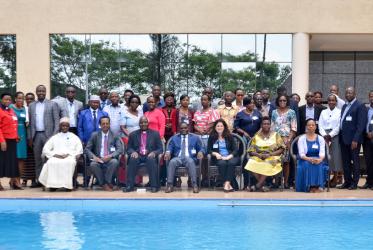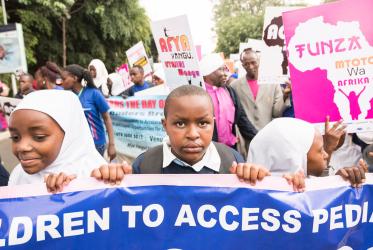Displaying 1 - 20 of 24
Theological education in Africa promotes social transformation
03 November 2022
Young Africans are eager to grapple with challenges
09 January 2020
Interfaith Rainforest Initiative expands
12 February 2019
WCC hones training on attitudes toward HIV treatment
06 December 2018
Seven weeks of Lent highlight water justice in Latin America
12 February 2018
